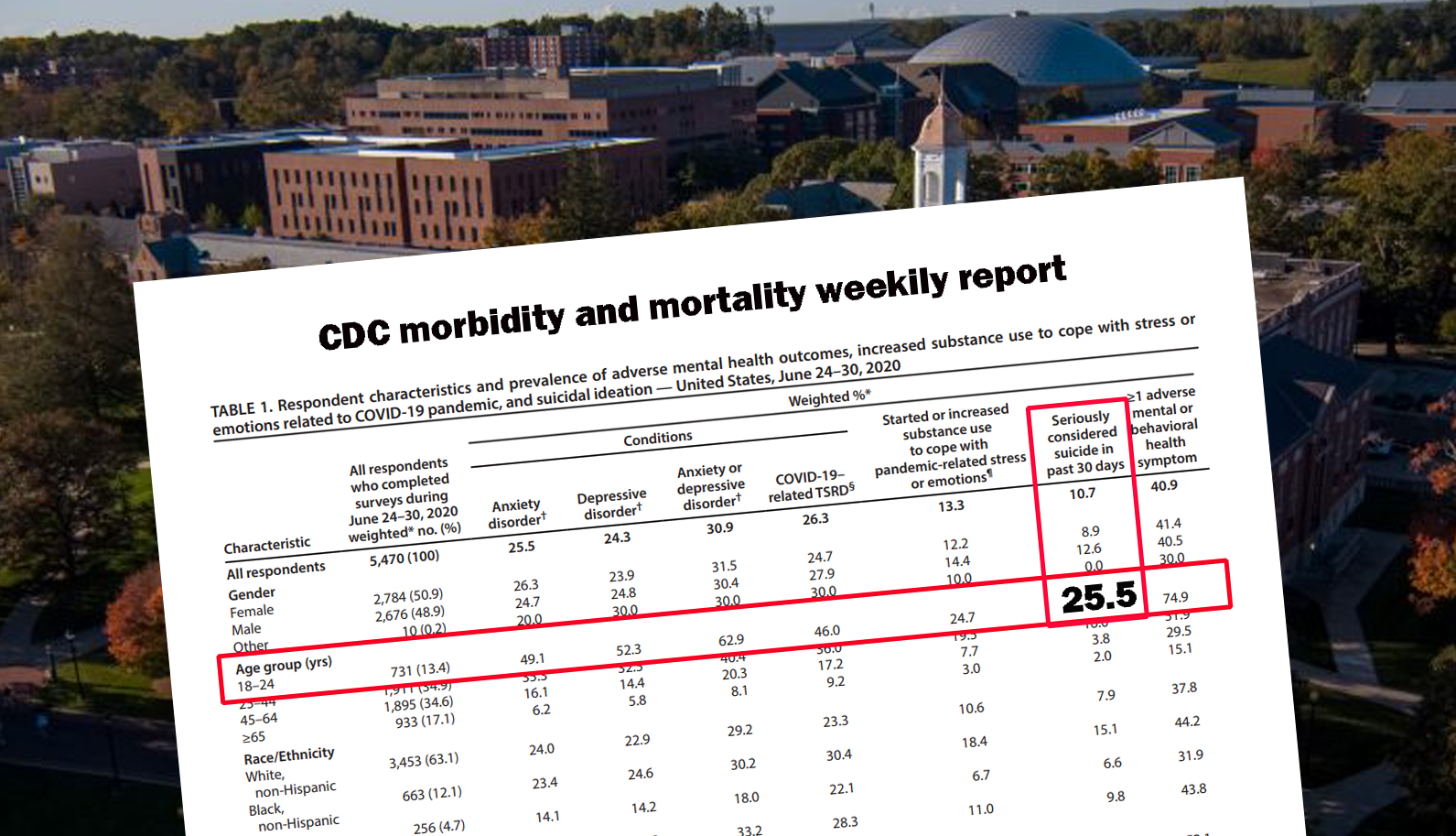[ad_1]
Preventative health care is important not just for prevention, but for the early diagnosis and treatment of age-related diseases. “While care for medical emergencies is critical, preventive care is also important to optimize health, especially among older adults,” says Dr. Laurie Archbald-Pannone, associate professor of medicine and geriatrics, University of Virginia. “As a geriatrician and professor of medicine, I think one of the best things the US health care system could do now is focus on preventive care, particularly for older adults.” Here are five health care tips older adults should ignore, according to experts. Read on—and to ensure your health and the health of others, don’t miss these Sure Signs You’ve Already Had COVID.

Using aspirin as a daily blood thinner is no longer standard medical recommendation, experts warn. “Most health professionals agree that long-term aspirin use to prevent a heart attack or stroke in healthy people is unnecessary,” warns the FDA. “If you are using aspirin to lower these risks and have not talked with a health professional about it, you may be putting your health at risk. You should ONLY use daily aspirin therapy under the guidance of a health care provider.”

Carbs are not created equal—while ultra processed carbs and junk food should be avoided, people over 50 can benefit from eating healthy carbs, especially for exercise. “Carbohydrate remains the most important fuel during high-intensity exercise, and there are countless studies to prove it,” says registered dietician Edwina Clark.

Researchers believe over 40% of older adults have chronic sleep issues, many of which are undiagnosed. Napping during the daytime can make it harder to sleep at night, experts say. “Limiting naps is one strategy to improve overall nighttime sleep,” says Dr. Suzanne Bertisch, an Associate Physician and Clinical Director of Behavioral Sleep Medicine at Harvard-affiliated Brigham and Women’s Hospital. “If you take a nap in the late afternoon or evening, it will likely be harder to fall asleep later… If you need to nap during the day, it is important to assess why you may be sleepy enough to fall asleep during the day, especially if you nap regularly.”

A healthy diet is crucial for healthy aging—and no, supplements cannot undo the damage of an unhealthy lifestyle. “The thinking is that taking these pills can somehow improve your health or protect you from disease,” says Dr. Pieter Cohen, associate professor at Harvard Medical School and general internist at Harvard-affiliated Cambridge Health Alliance. “While some people may need specific vitamins or supplements to help with deficiencies, for the average healthy person, following a diet with plenty of fruits and vegetables provides all the essential vitamins and minerals.”

Healthy fats can help prevent heart disease and stroke, experts say. “After the no-fat eating craze of the ’90s, some people still have a dietary fat phobia,” says Harvard Health. “Fats do have more calories per gram compared with carbohydrates and protein, but unsaturated fats are important for cardiovascular health. They’ve been found to lower LDL and total cholesterol when substituted for saturated fats. Include healthy fats in your diet by choosing avocados, olive oil, nuts, nut butters, and seeds.”
Ferozan Mast
[ad_2]
Source link

